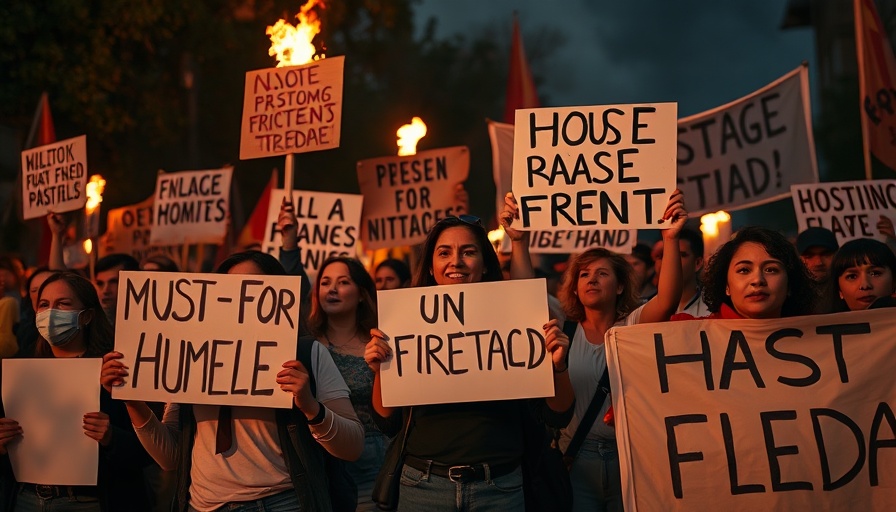
The Impending Impact of Tariffs on Tesla and U.S. Exports
Elon Musk’s Tesla is sounding the alarm about the potential repercussions of President Donald Trump’s trade tariffs. Despite Musk's close relationship with Trump and his role in advocating for a smaller federal government, Tesla has expressed legitimate concerns over how these tariffs could lead to retaliatory actions by other nations, particularly impacting U.S. exporters.
In a recent unsigned letter to the U.S. Trade Representative, Tesla articulated its worries, stating, "U.S. exporters are inherently exposed to disproportionate impacts when other countries respond to U.S. trade actions." This statement underscores the vulnerability of companies like Tesla amidst escalating trade tensions, especially as tariffs on imports from China threaten to provoke similar responses abroad.
This cautionary stance from Tesla reflects a sentiment shared by many U.S. businesses that fear retaliatory tariffs could hinder their operations. As an example, increased tariffs on electric vehicles from the U.S. could severely affect sales in key markets such as China, where Tesla ranks among the top electric vehicle manufacturers. Just recently, market analysts noted that Tesla’s stock had plummeted 40% in a single year, contributing to speculation that the company's struggles are tied to broader uncertainties in sales and production targets, rather than merely Musk’s political alignments.
Fostering a Local Supply Chain: A Strategic Move
In response to these tariff challenges, Tesla is reportedly enhancing its supply chain strategy by focusing on local suppliers for its vehicles and battery components. Despite these efforts, the letter indicated that sourcing specific parts domestically remains problematic, which suggests that even proactive measures may not fully shield Tesla from negative consequences. This highlights the intricate balance companies must maintain in navigating global markets while remaining compliant with domestic policies.
Relevance to Current Events Affecting U.S. Businesses
The recent imposition of tariffs on steel and aluminum has raised alarms across various sectors, particularly within the automotive industry. Trade groups such as Autos Drive America have echoed Tesla's concerns, warning that broad-based tariffs could disrupt U.S. production. Without question, these tariffs will pave the way for higher production costs, reduced model variety available to consumers, and potentially debilitating job losses—factors that could alter the landscape of the automotive sector for years to come.
The Broader Economic Landscape
Given the interconnected nature of global trade, the implications of these tariffs extend beyond Tesla and the automotive industry. Other sectors could face similar retaliatory measures that may inhibit growth and spark operational challenges across the board. As the U.S. economy adapts to these policies, businesses need to remain agile to mitigate risks related to supply chain disruptions and fluctuating trade regulations.
Conclusion: Vigilance and Adaptation Are Key
With the automotive landscape in flux and the threat of retaliatory tariffs looming large, both analysts and companies must stay abreast of ongoing trade discussions and prepare for their potential implications. Tesla’s proactive communication is a reminder of the importance of understanding how international trade policies can drastically shape market dynamics.
In a rapidly changing economic environment, staying informed and adaptable is paramount for businesses looking to thrive amidst trade uncertainties.
 Add Row
Add Row  Add Element
Add Element 



Write A Comment